Israel wields starvation as a weapon of war in Gaza
Hunger has become the most pressing of the myriad problems facing millions of displaced Palestinians in Gaza, with aid trucks only able to bring in a small fraction of what is needed and distribution uneven due to the chaos of the genocidal war.
The Euro-Mediterranean Human Rights Monitor, a Geneva based rights group, has found that 71% of people in the Gaza Strip suffer from extreme hunger due to the devastating Israeli war on the Palestinian territory and the regime's method of using starvation as a weapon.
Euro-Med Monitor conducted an analytical study on a sample of 1200 people in Gaza.
A high proportion of those taking part in the study said that they eat insufficient amounts of food, while 64% of the participants admitted to eating grass, immature food and expired food products to alleviate their hunger.
Pretty much all 2.2 million people are hungry, meaning that they are in crisis, or worse, food security situation.
Arif Husain, WFP Chief Economist
More than 130,000 of Gaza's most vulnerable children, that is newborns up to two years of age, are not receiving the critical life saving breastfeeding, or age appropriate complementary feeding, that they absolutely require. So that's our scenario, without sufficient safe water, food, and, sanitation, that only a humanitarian ceasefire would bring. child deaths due to disease could well surpass those already killed in bombardments.
James Elder, UNICEF Spokesperson
The study found that the rate of access to water in the Gaza Strip, including drinking, bathing, and cleaning water, is 1.5 Liters per person per day. This is 15 liters less than the minimum amount of water required for survival at a level required by international standards.
Additionally, the study examined the effects of malnutrition and a lack of access to clean drinking water.
66% of the sample population reported having experienced diarrhea, skin rashes or intestinal ailments in the past month, even in Rafah, which has a crossing to Egypt through which aid trucks enter, the dearth of food and clean water is so severe, it is incapacitating people.
The contaminated water is another issue.
As the water is not 100% clean, so children and adults suffer from intestinal problems such as vomiting and diarrhea.
I ran out of antidiarrheal medications, intestinal disinfectants and ... antibiotics for intestinal infections.
There's a significant shortage of these drugs.
Pharmacist
Since the start of its genocide in Gaza Israel has imposed a comprehensive blockade on the strip and prevented supplies of food, water, fuel, and other humanitarian necessities, from reaching the more than 2.3 million residents of the strip.
Israel's use of starvation as a weapon has intensified since October 7th and has included cutting off all food supplies to Gazans as well as bombing and destroying the strip's bakeries, factories and food stores.
We were compelled to come here as there are no bakeries available. The people here, who are our friends, are baking bread to aid the community. Procuring flower is challenging for us as a 20 kilogram bag costs around 300 to 400 shekels, which is a substantial amount.
Displaced Gazan
About 577 thousand, meaning more than half a million people, are already in catastrophic levels of hunger, meaning they're essentially starving. That is like one in every four people,
Arif Husain, WFP Chief Economist
Speeches and statements from Israeli officials promoting a campaign to deliberately block access to necessary resources for the Gaza population as a strategy indicate that Israel has not kept its intentions secret.
The Israeli blockade and genocidal aggression have plunged Gaza into a humanitarian catastrophe. The lack of access to sanitation and tap water has increased the prevalence of waterborne diseases.
The Rome Statute of the International Criminal Court says that intentionally starving civilians by "depriving them of objects indispensable to their survival, including willfully impeding relief supplies is a war crime."
The people in the hospitals, yes, they need everything, they need medical supplies, but what they ask for first is food and water. The very basics, they do not have them. One of my colleagues described people lying on the floor in severe pain, in agony, but they weren't asking for pain relief, they were asking for water.
Dr Margaret Harris, WHO Spokesperson
The plight of Gaza's 2.3 million people has become desperate amid the intensely ongoing war.
We are homeless; we can't go back to our houses. I want to see my children. I want to go back to my husband and to my house. It's unfair, it's so unfair.
Gazan Citizen
Alarmed humanitarian organizations have been calling for a ceasefire and denouncing the shocking costs of the catastrophic war, which amounts to the collective punishment of the civilian population of Gaza.
Iran’s iron and steel exports up 27% y/y in Apr-Dec
Sudan is scene of 'horror and hell': UN rights chief
Scottish leader vows another independence vote if his party wins in May
Israeli forces, settlers burn homes, shut schools in attacks across West Bank
Intelligence Ministry: 300 ringleaders of foreign-backed riots arrested across Iran
Iran begins easing bans on global internet
Pezeshkian: Any attack against Leader ‘full-fledged’ war with Iranian nation
VIDEO | 30 tons per capita: Gaza faces rubble crisis


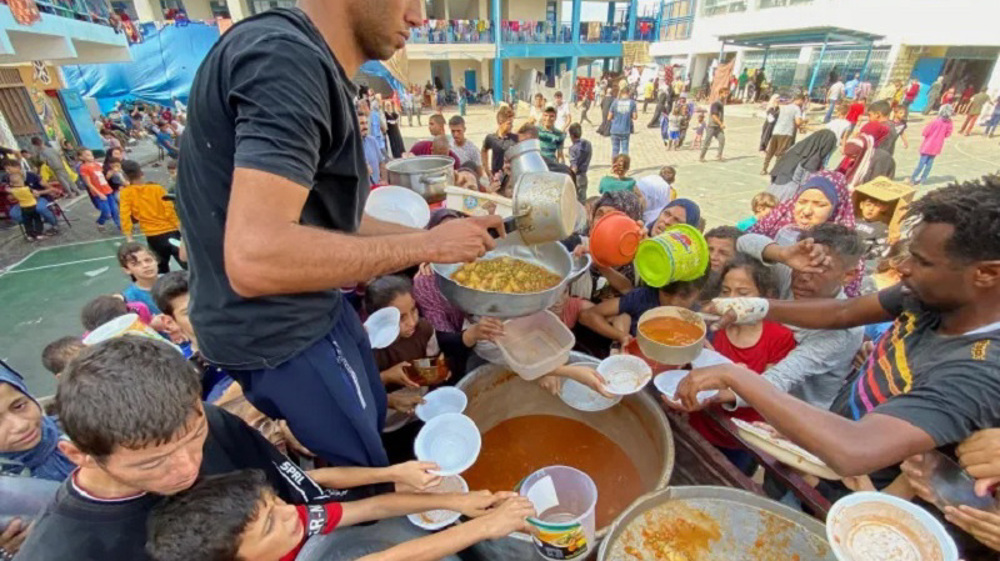
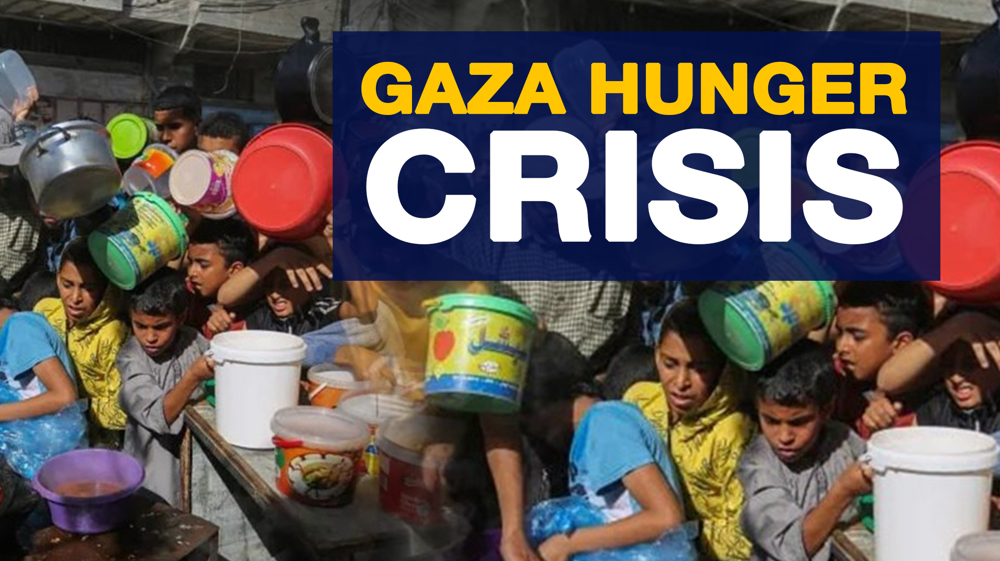
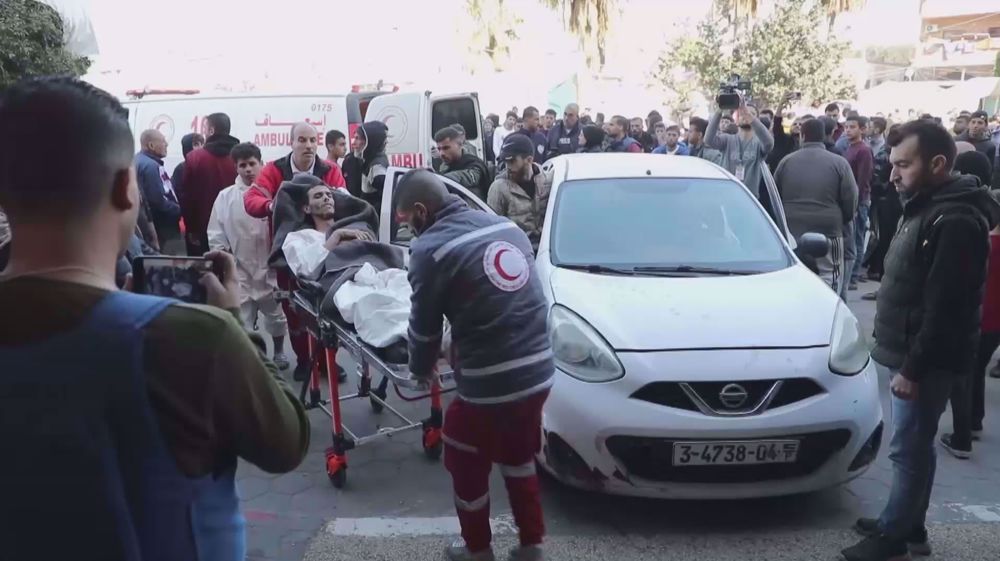
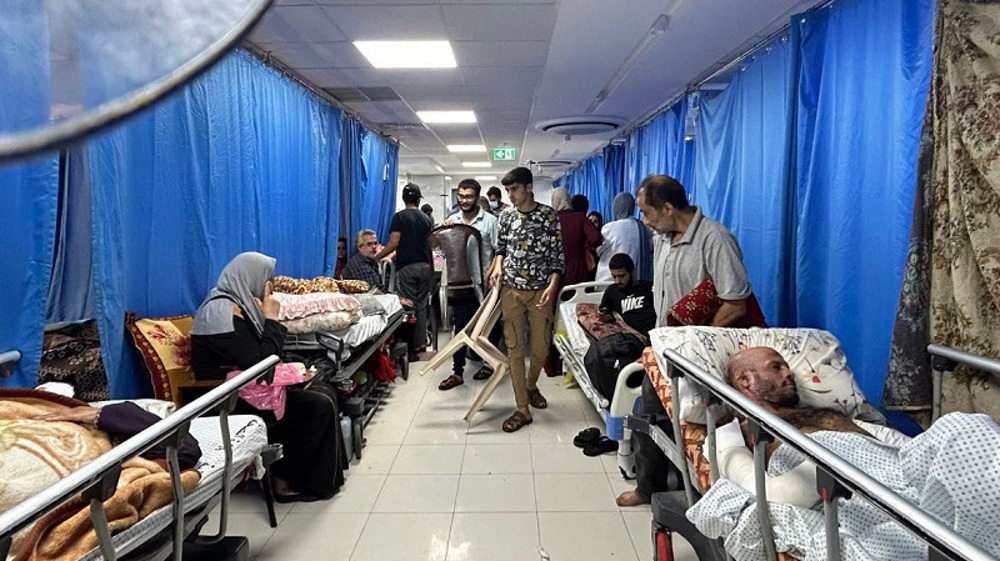
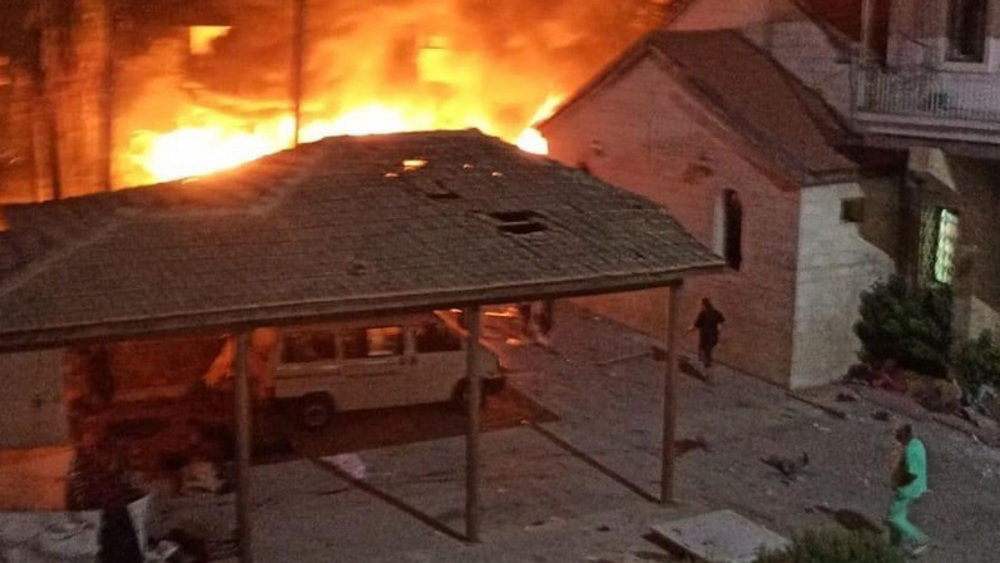
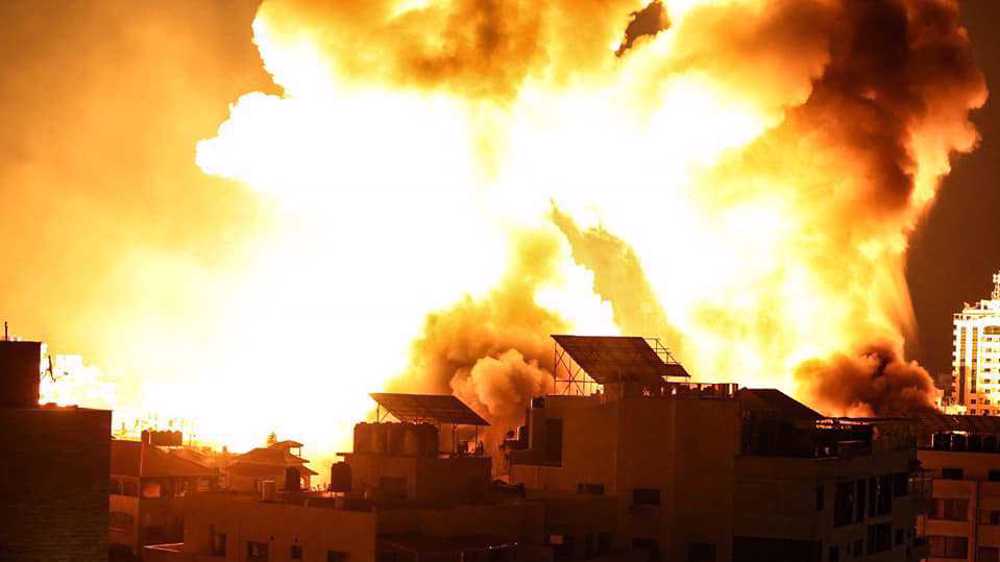
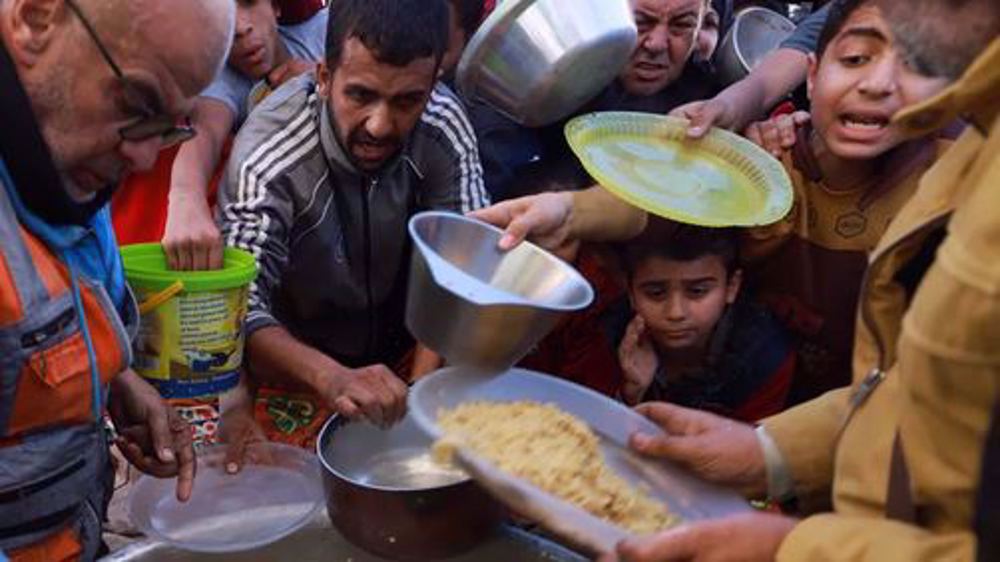

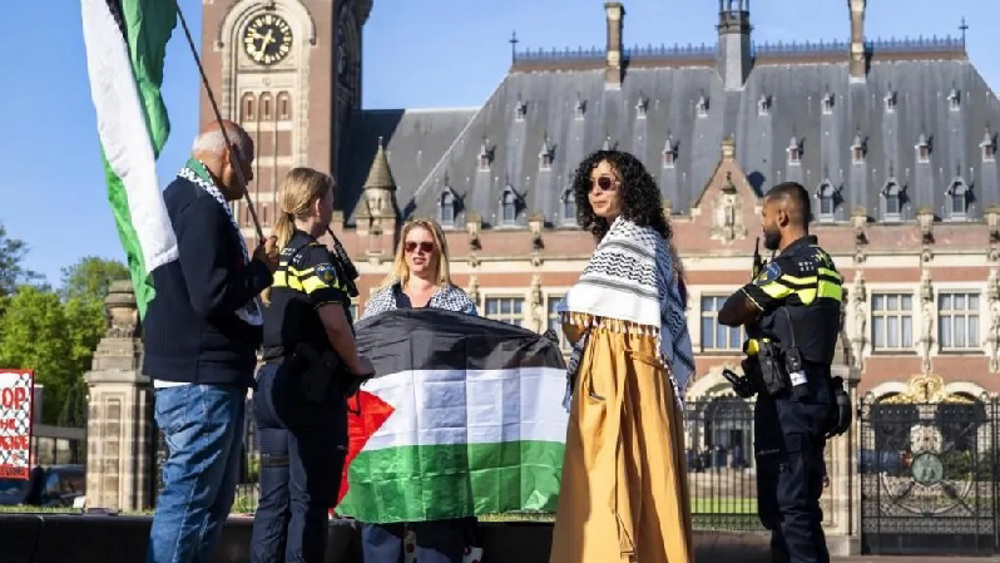
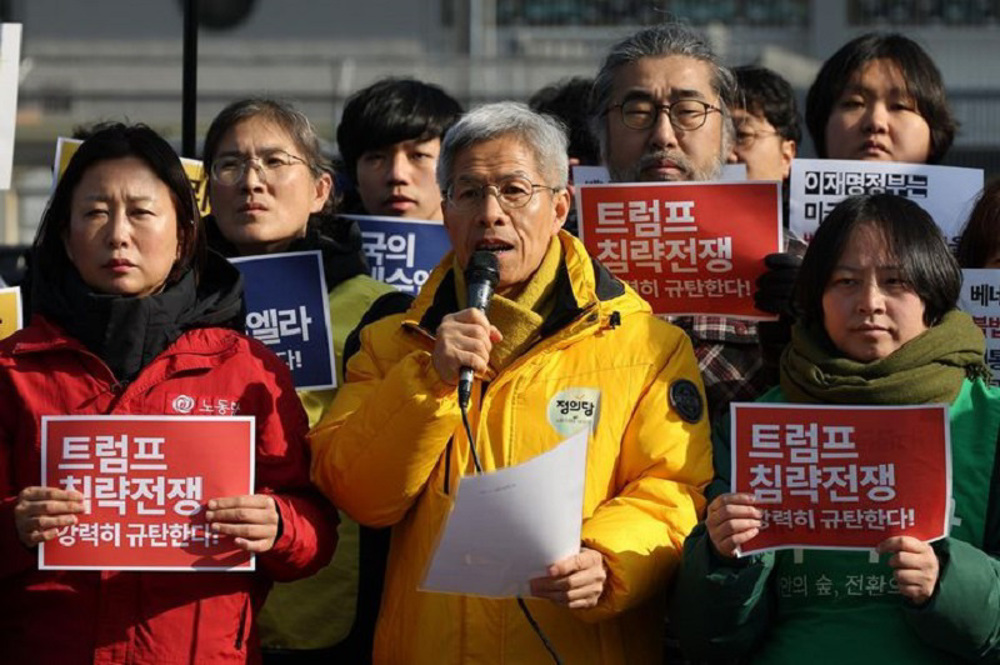



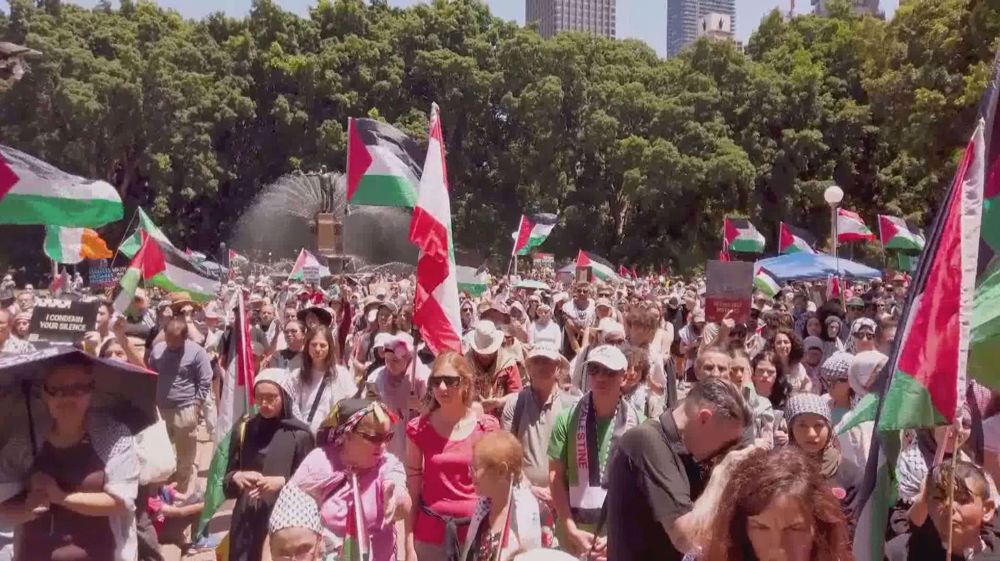
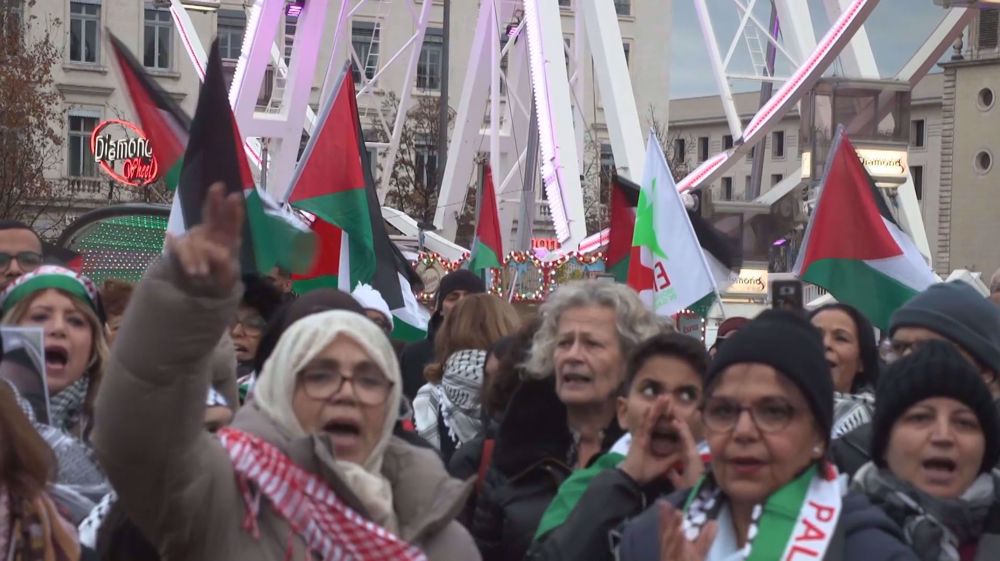
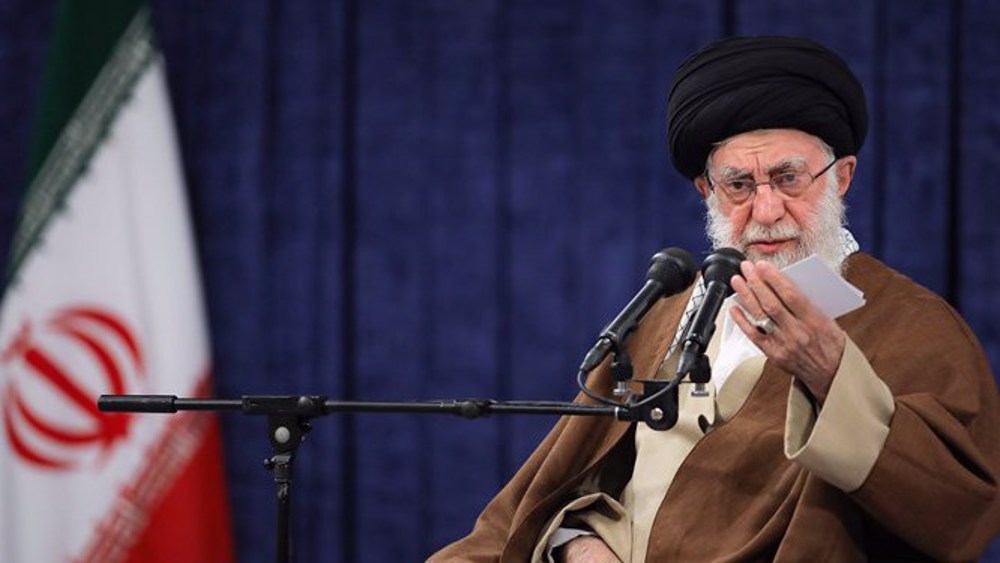
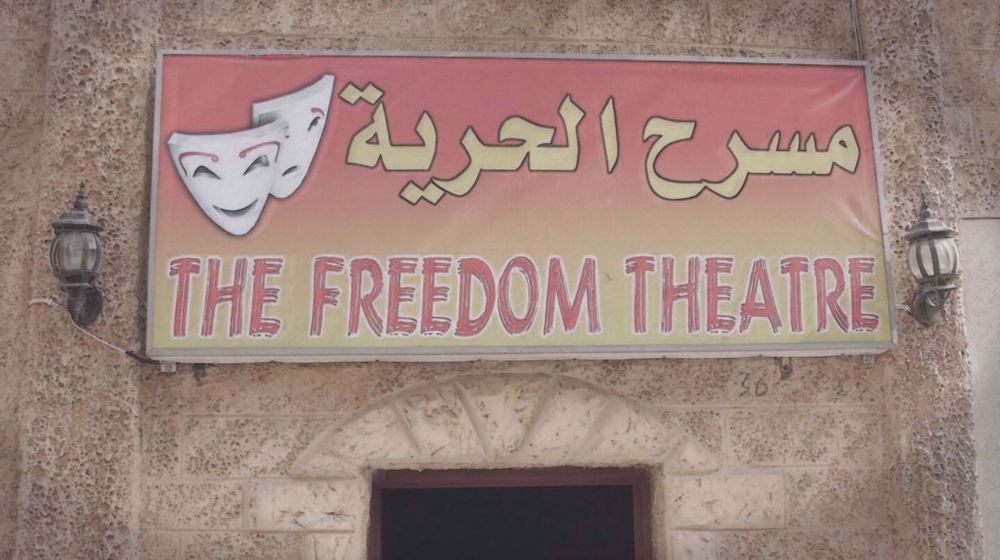

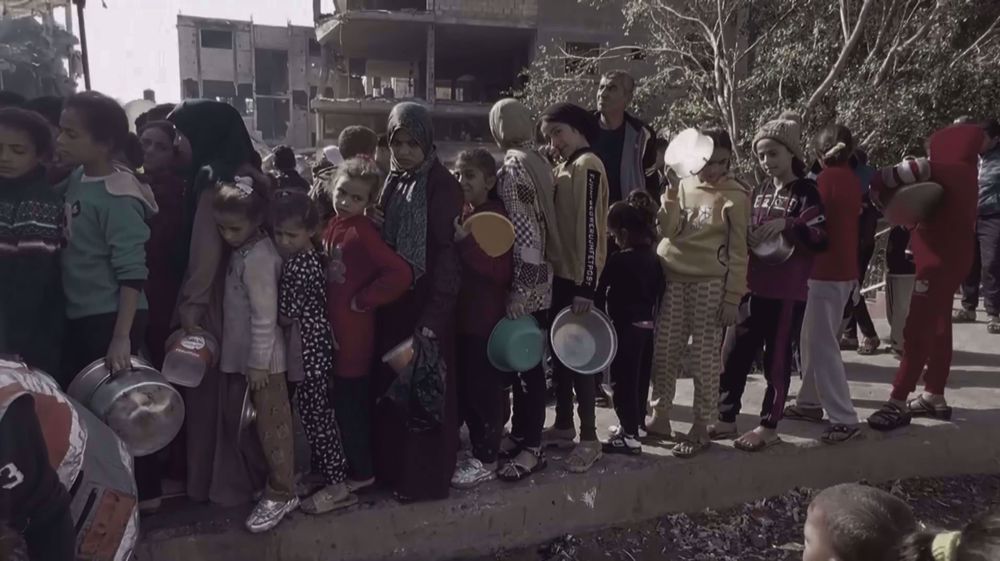
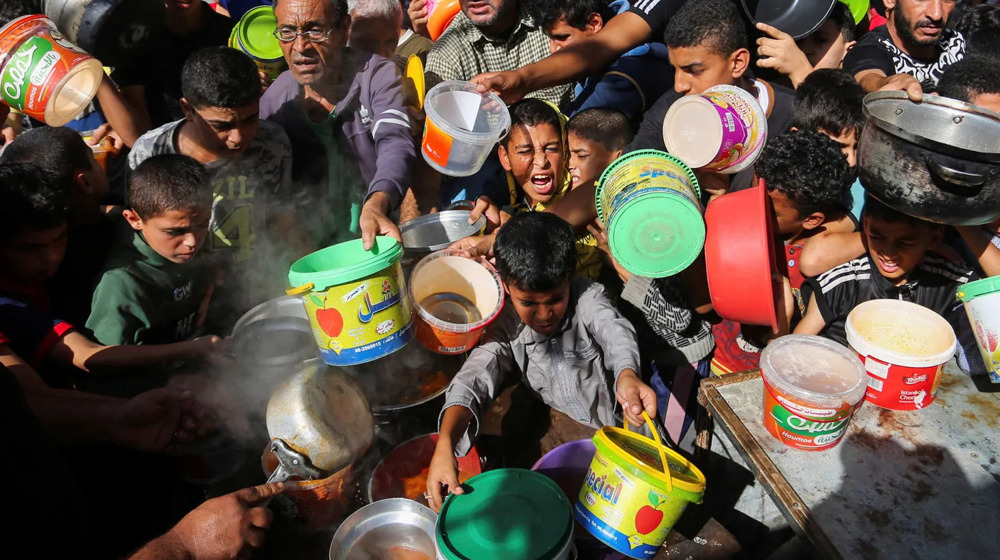
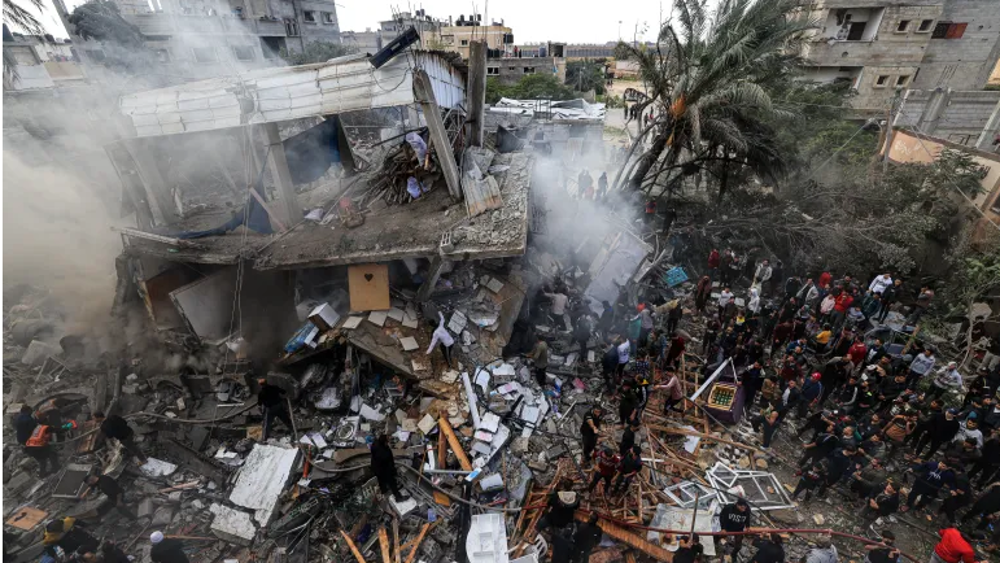
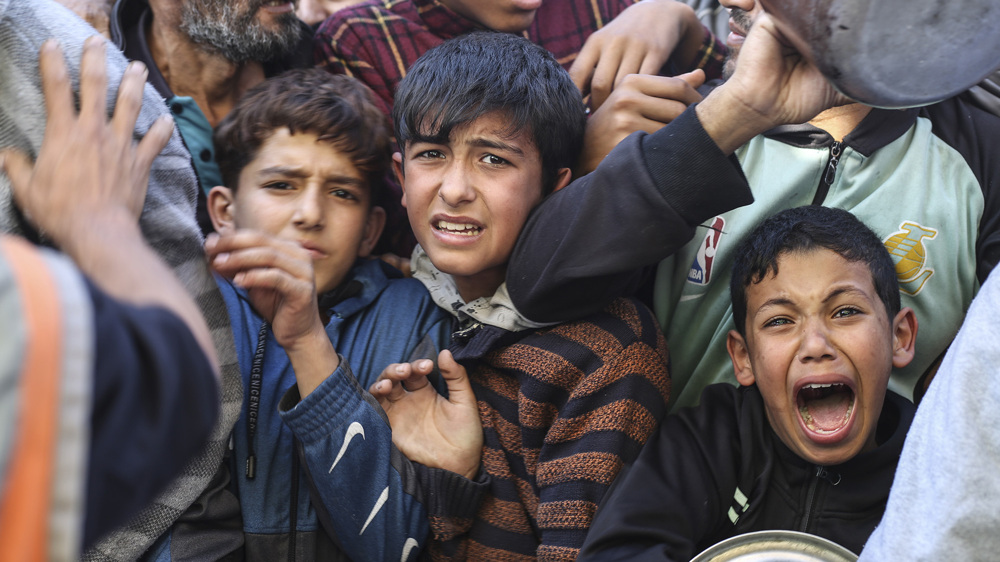

 This makes it easy to access the Press TV website
This makes it easy to access the Press TV website